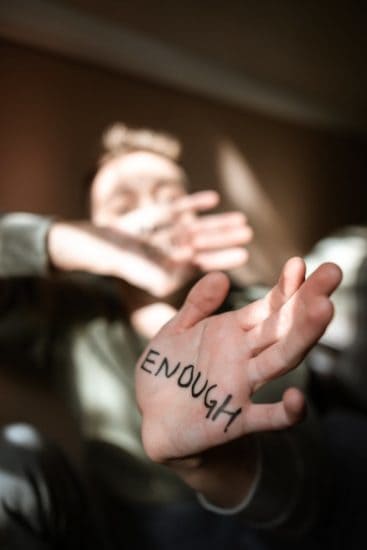The Relationship Between Family Scapegoating Abuse (FSA) and Traumatic Shame
There are very few clients who enter my FSA Recovery Coaching practice who are not suffering from traumatic shame (also known as ‘toxic shame’), as well as a variety of complex trauma (C-PTSD) symptoms – something I discuss at length in my book, Rejected, Shamed, and Blamed. While traumatic shame creates a sense of social isolation, complex trauma itself fragments us and leads to self-alienation, leaving the adult survivor of family scapegoating abuse (FSA) feeling intensely alone and unsupported.




